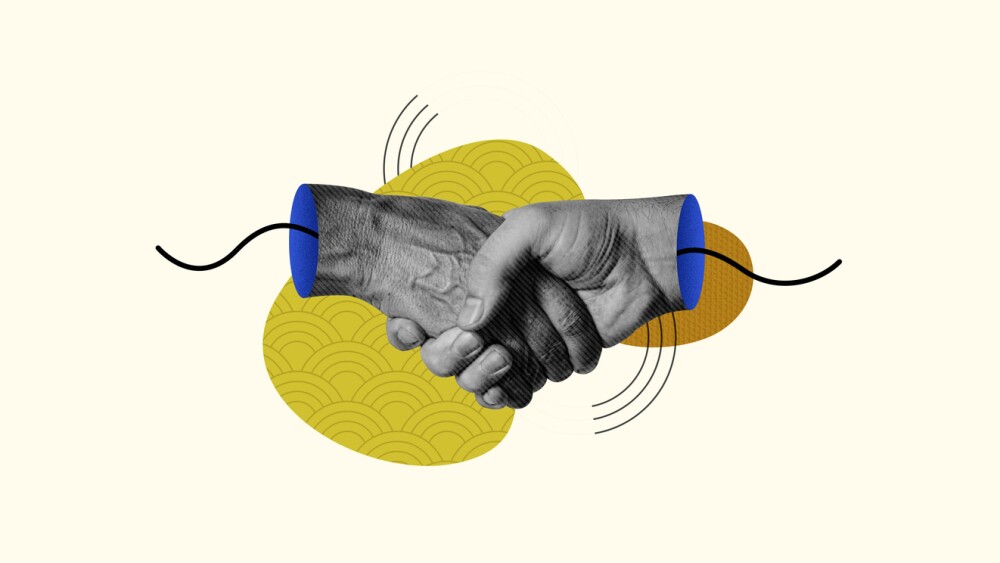The Minnesota Attorney General is calling out Sanofi-Aventis, Novo Nordisk and Eli Lilly over alleged price gouging for insulin. This week Minnesota Attorney General Lori Swanson filed a lawsuit against the three companies over insulin price hikes.
The Minnesota Attorney General is calling out Sanofi-Aventis, Novo Nordisk and Eli Lilly over alleged price gouging for insulin. This week Minnesota Attorney General Lori Swanson filed a lawsuit against the three companies over insulin price hikes.
Swanson filed the lawsuit on Oct. 16 against the three manufacturers. In the lawsuit, Swanson said the companies “deceptively raise the list price of insulin.” In a statement, Swanson said the companies are making the life-saving medication “less affordable” to patients who have high deductible health plans, are uninsured or are on Medicare.
Since 2011, the list price of some insulin products has more than doubled, the lawsuit states. As an example, the cost of Novo Nordisk’s Levemir increased from $120.64 for 100 units/ml vial in 2012 to $293.75 in 2018, the lawsuit said. Likewise, the cost of Eli Lilly’s Humalog jumped from $122.60 for 100 units/ml vial in 2011 to $274.70 in 2017 and Sanofi-Aventis’ Lantus increased from 99.35 in 2010 when it first entered the market to $269.54 in 2018, the lawsuit said.
“Insulin is a life-or-death drug for people with diabetes. Many people can’t afford the price hikes but can’t afford to stop taking the medication either,” Swanson said in a statement.
According to the lawsuit, approximately 10 percent of Minnesota residents have diabetes. In the attorney general’s statement, Swanson said some patients skip or ration their insulin because of the costs. Such rationing can lead to additional health complications or death, the attorney general said.
Spokesmen for the three companies told The Hill that they believe the lawsuit is without merit and promised to defend themselves against the allegations. The three companies named in the Minnesota lawsuit control about 99 percent of the world’s supply of insulin, The Hill said. The Minnesota lawsuit claims that the drug companies made a combined $14 billion in 2016 off of their insulin products. Sanofi’s Lantus product alone generated sales of $6 billion in 2016, the lawsuit added.
The rising price of insulin has been a concern for diabetics and healthcare professionals for some time. The rising prices have sparked concern from members of Congress have launched inquiries into the pricing of the medication and in June, the American Medical Association urged the Federal Trade Commission and the Justice Department to monitor insulin pricing and market competition.
In a statement, AMA Board Member William A. McDade said: “the federal government needs to step in and help make sure patients aren’t being exploited with exorbitant costs.”
The Minnesota lawsuit goes on to point to the murky relationship between drugmakers and pharmacy benefit managers. The lawsuit alleges that the drug companies fraudulently set an artificially high “list” price for their insulin products but then negotiated a lower actual price by paying rebates to pharmacy benefit managers. Swanson said this kind of move allows the prices of insulin and other drugs to “spiral upward.” Because of this kind of practice, the lawsuit alleges the list prices are “so far from their net prices” that they are not an accurate approximation of the true cost of insulin and are deceptive and misleading.
“Health insurers receive a portion of the rebates from the PBM and do not pay the list price. Patients who are in high deductible health plans, who are uninsured, or who are on Medicare, however, may end up paying the artificial list price because they do not get the rebates,” Swanson said. “Thus, the drug companies establish two prices for their insulin products: a higher artificial list price and the much lower, secret net price that insurance companies pay, which is confidential.”





